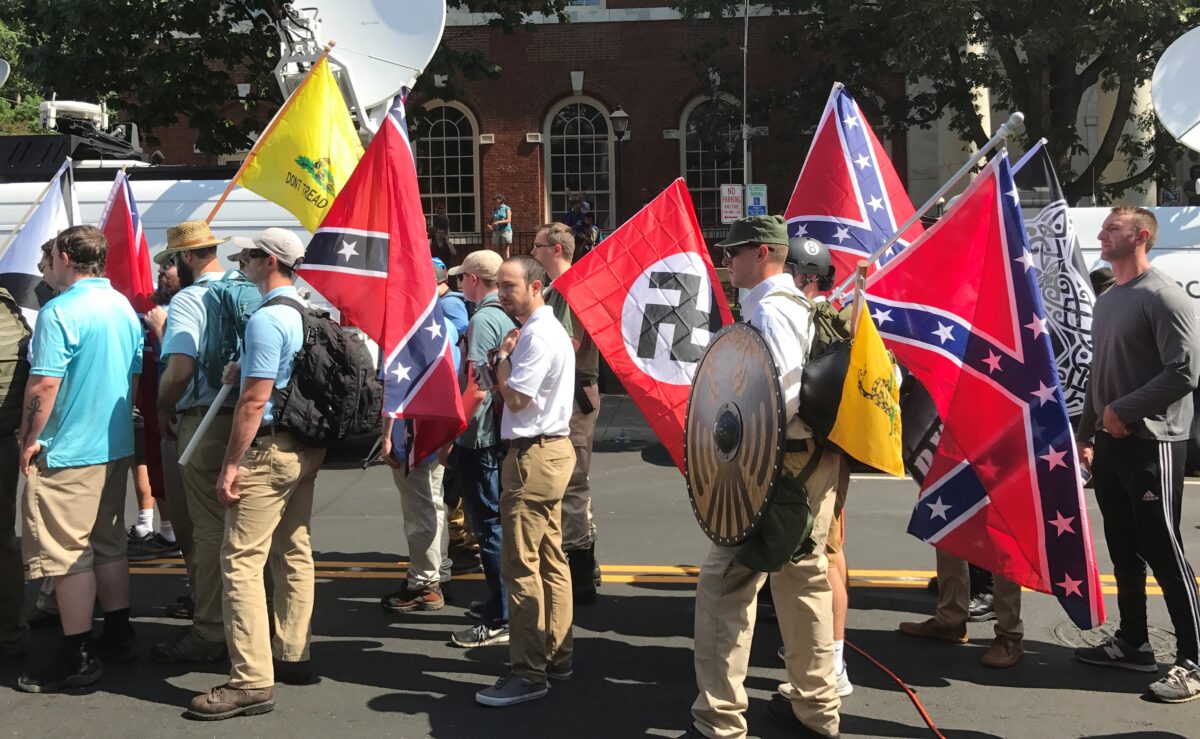A year has elapsed since a heavily-armed neo-Nazi thug, John Earnest, burst into a Chabad center in Poway, California, and fatally shot Lori Gilbert-Kaye, 60, as she shielded Rabbi Yisrael Goldstein with her body.
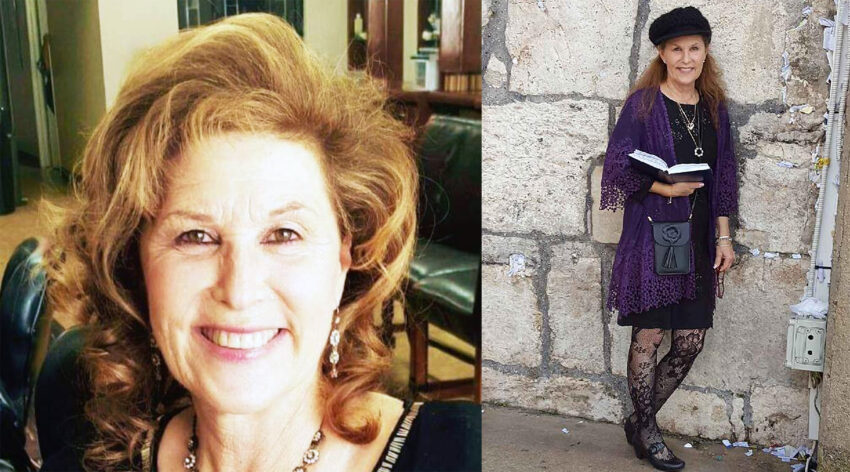
The April 27 attack occurred about six months after a white supremacist assailant murdered 11 worshippers at the Tree of Life synagogue in Pittsburgh, the single deadliest antisemitic rampage in U.S. history.
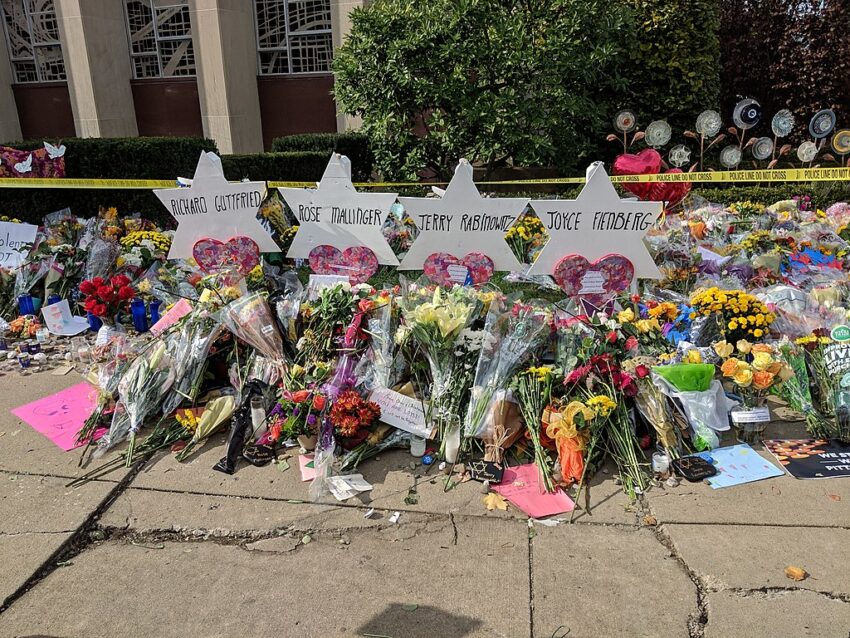
These attacks, plus a subsequent shooting and a stabbing in the states of New Jersey and New York which claimed the lives of several people, have left a mood of uncertainty, even fear, in the largest Jewish community in the Diaspora.
A survey conducted by the Anti-Defamation League earlier this month found that 63 percent of Jews in the United States feel less safe than a decade ago.
“American Jews are deeply concerned for their personal safety and their families’ and communities’ security in a way they haven’t been in more than a decade,” said Jonathan Greenblatt, the Anti-Defamation League’s chief executive officer. “We recognize the reality on the ground has changed dramatically for Jewish communities.”
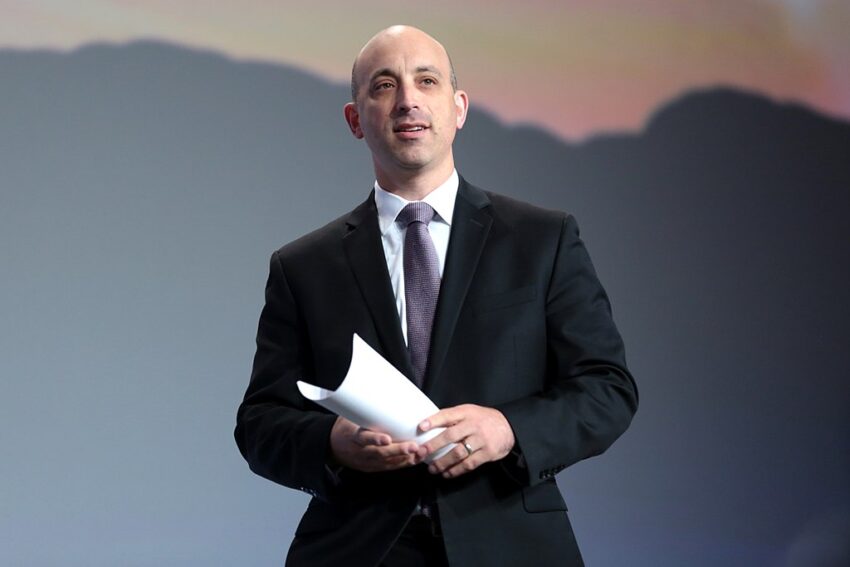
The survey indicated that 20 percent of American Jews have directly experienced verbal antisemitic harassment, that five percent have been physically attacked, and that 14 percent have been subjected to anti-Jewish harassment online.
Half of the respondents were so worried about future attacks that they now refrain from wearing Jewish religious symbols, like the Star of David, in public.
Another survey, released by the Anti-Defamation League several months ago, identified entrenched antisemitic attitudes in the United States.
Sixty one percent of American adults agreed with at least one or more classic antisemitic canards. Longstanding stereotypes about “Jewish power” in business and the “dual loyalty” canard — the notion that Jews are more loyal to Israel than the United States — are deeply rooted and widespread.
Upwards of 11 to 14 percent of Americans harbor intense antisemitic attitudes. In numerical terms, this means that considerably more than 30 million Americans hate Jews with a passion and, at a minimum, would be prepared to curb their equal rights as citizens.
“In recent times, we’ve been horrified by an uptick in antisemitic violence,” said Greenblatt. “Our research finds that this uptick is being caused not by a change in attitude among most Americans. Rather, more of the millions of Americans holding antisemitic views are feeling emboldened to act on their hate.”
Amid these somber developments, Joe Biden, the presumptive Democratic nominee for the U.S. presidency, has issued a proposal to protect Jews and other minorities from what he describes as “acts of terrorism.”
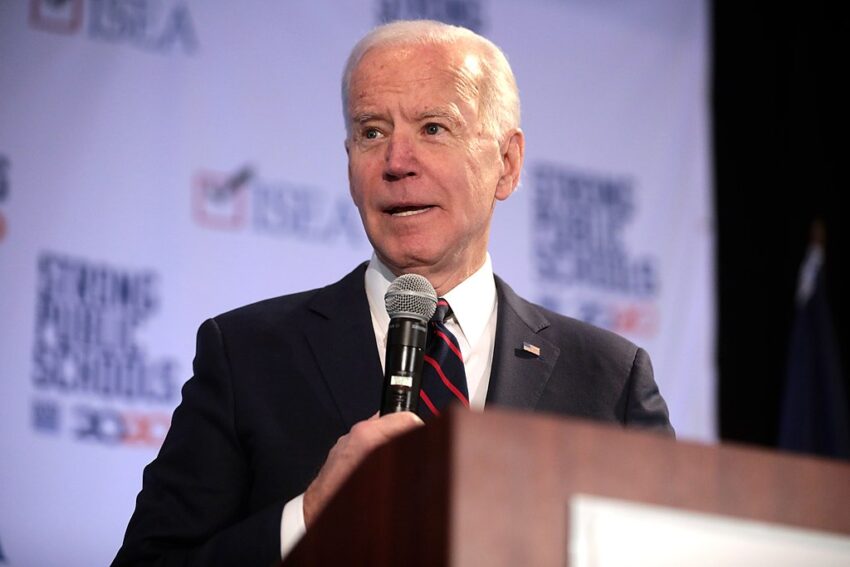
Biden’s three-point plan, released to the Jewish Telegraphic Agency on April 27, would substantially increase the $90 million fund the Department of Homeland Security currently has at its disposal to protect minority groups. Biden’s proposal would also make the prosecution of hate crimes a priority for the Department of Justice and would increase penalties for attacks on religious institutions. Finally, law enforcement agencies would be obliged to upgrade the level of their information-sharing programs, and social media and technology platforms would be expected to do more to eradicate “toxic extremist content.”
In his statement, Biden said that President Donald Trump bears partial responsibility for the spike in violent antisemitic attacks. As he put it, “He has fanned the flames of bigotry and racism for political gain, and made a moral equivalence between those perpetuating hate in our country and those standing against it.”
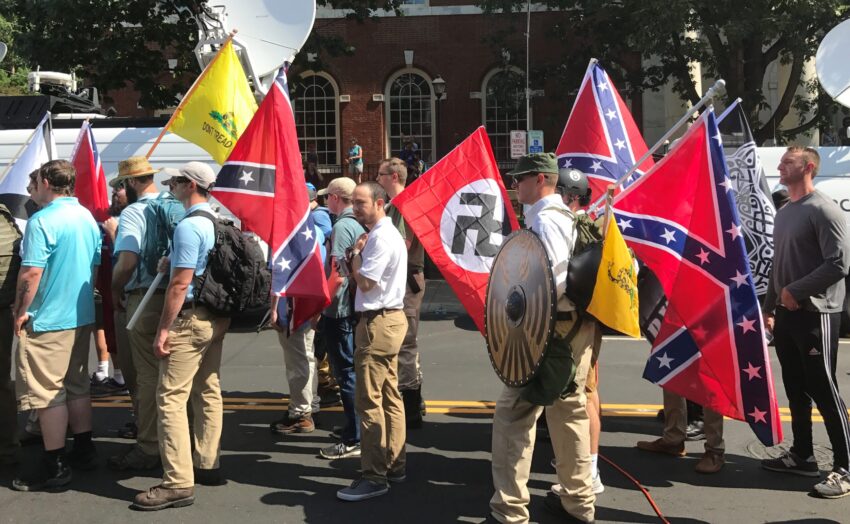
This was a reference to Trump’s much-maligned claim that “very fine people” could be found in the ranks of both white nationalists and leftists who clashed at the controversial Unite the Right rally in Charlottesville, Virginia, in the summer of 2017.
Since then, Trump has forthrightly condemned antisemitism. Yet some his supporters on the alt-right are convinced that he represents their values and opinions.
